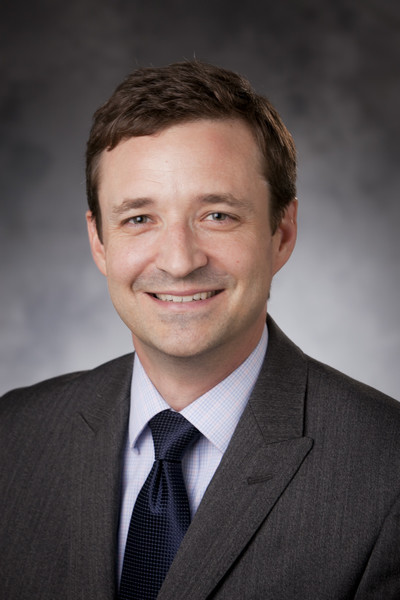Improving infection prevention practices through consultation

Hospitals are under increasing pressure to control infection while complying with complex guidelines and standards. We spoke with Dr Deverick Anderson* about his role at the US-based Duke Infection Control Outreach Network (DICON) and the importance of collaborative research between clinicians. Dr Anderson will visit Australia to speak at the ACIPC Annual Conference in Canberra in November.
In your role at Duke, you are actively involved in both clinical work and research — what do you enjoy about this?
My passion is with research, but it’s critical to maintain a clinical presence. There is nothing quite like seeing patients in the hospital to identify trends and find opportunities for improvement — both of which can lead to new ideas with research.
Can you tell us a little about DICON and how it operates?
Infection control is a challenge for hospitals everywhere, and community hospitals and surgery centres face the difficult task of providing state-of-the art, safe care while adhering to complex regulations.
DICON is one of the core programs in the Duke Center for Antimicrobial Stewardship and Infection Prevention in the US. DICON is focused on helping more than 40 community hospitals and surgery centres address these issues by improving infection prevention practices through programmatic consultation, education, and data review and feedback.
How important is it for professionals working in infection prevention to keep up with the state of scientific evidence? Why do conferences play an important role in this?
It is critical for professionals to keep up with the state of scientific evidence. The world of healthcare epidemiology is changing so rapidly. Data on new and better interventions and strategies are constantly being published. Conferences allow for focused review of the ‘latest and greatest’ information, oftentimes prior to peer-reviewed publication. As a result, conferences allow attendees to get a good idea of what is coming down the healthcare epidemiology pipeline.
You are a keynote speaker this year. What are you looking forward to in terms of the ACIPC conference and visiting Australia?
Many things! I’ve never been to Australia and will be bringing my family to experience it with me. I’ve been to several conferences outside of the US before and greatly enjoy the opportunity to meet people and hear about how they practise and research healthcare epidemiology in their respective settings. I always learn something new and am enriched by the experience.
For more information regarding the ACIPC Annual Conference, visit 2017.acipcconference.com.au or call Andrew Watts on +613 6231 2999. Conference abstracts will be published in the journal Infection, Disease & Health.
Medicine shortages are testing Australia's health system and clinicians need national support
Medicine shortages are no longer isolated supply disruptions. They are escalating and directly...
Mindfulness and endoscopies — a more effective combination?
A UK study involving 231 patients has advocated 'mindful endoscopy' — allowing...
How do different types of pain influence empathy?
Different types of pain influence how unpleasantly we perceive it but also how we empathise with...




![[New Zealand] Transform from Security Awareness to a Security Culture: A Vital Shift for SMB Healthcare — Webinar](https://d1v1e13ebw3o15.cloudfront.net/data/89856/wfmedia_thumb/..jpg)
![[Australia] Transform from Security Awareness to a Security Culture: A Vital Shift for SMB Healthcare — Webinar](https://d1v1e13ebw3o15.cloudfront.net/data/89855/wfmedia_thumb/..jpg)



